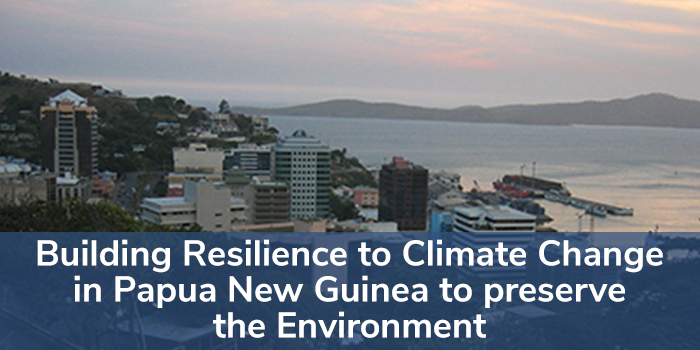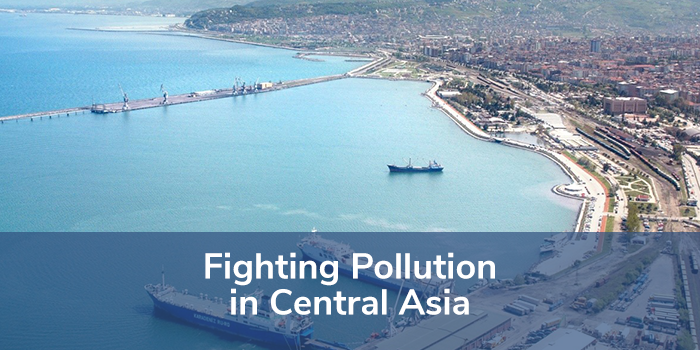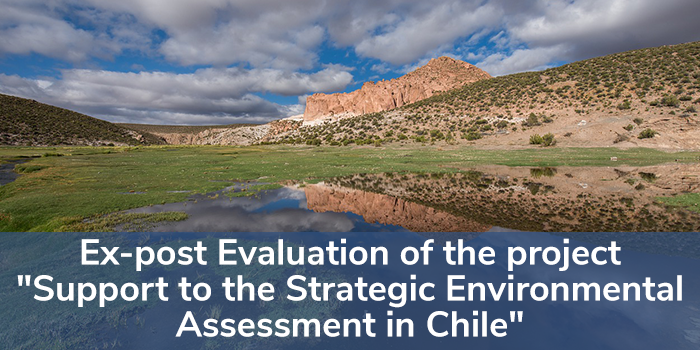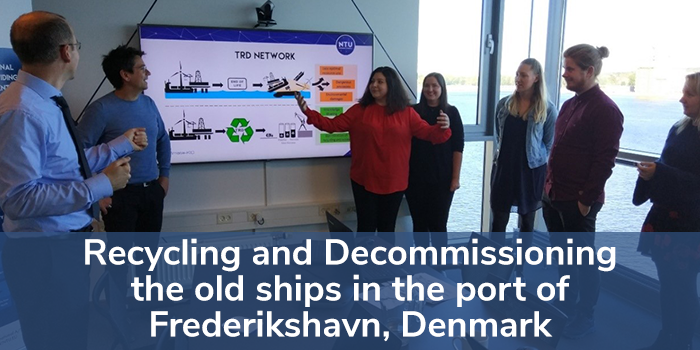Our natural environment, currently undergoing the sixth mass species extinction (or Holocene extinction), needs protection. Deforestation, loss of habitat, disruption of ecosystems, loss of biodiversity, threats to endemic species, water and air pollution, as well as soil depletion are today’s main environmental threats.
In 2020, there were 515 species on the brink of extinction. Around 94% of the populations of 77 mammal and bird species were lost in the last century. The physical environment is also impacted with topography and geology changes as well as the degradation of soils, climate, surface and underground water resources, ambient air quality and noise levels. Environmental pollution is also one of the most serious global challenges, causing significant damage to animals, plants, air, water and soils. This phenomenon is likely to accelerate due to interrelation of the species, regional biodiversity collapse, climate change, and increasing human pressure.
The environmental changes have severe implications for society. Degradation of ecosystems, pollution of the environment and rising temperatures have resulted in the increasing threat of water and food insecurity. It is expected that by 2025, two-thirds of the world’s population may face water shortages. Health and well-being of populations are today threatened at a community and global level due to the natural environment alteration.
Solutions to solve environmental problems occur on multiple scales worldwide. Countries and individuals are taking actions and systemic changes in order to restore environmental balance, such as changes in consumption patterns, production techniques, waste management, recycling and prevention.
Environment facts
- Species are becoming extinct 100 times faster than they would without human impacts.
- Rainforests are cut down at a rate of 100 acres per minute. Intense and moderate degradation already affects 1/3 of the world’s soil.
- It would take 1000 years to create a 1 cm layer of arable soil. An estimated 50.000 species inhabiting tropical forests become extinct annually. That’s an average of 137 species a day.
- Conservation efforts are ongoing: Efforts to protect and conserve natural habitats and species continue around the world. National parks, wildlife reserves, and other protected areas help to preserve biodiversity and provide habitat for endangered species.

NTU’s involvement in environmental protection
NTU’s engagement in environmental issues is extensive. We are working actively with our clients for systematic environmental protection in implemented projects, which could have adverse environmental impact. At the same time, we go beyond environmental compliance and we are very involved in projects which aim to implement activities and find concrete solutions for environmental protection.
On the one hand, we aspire to reduce negative impact on the environment, including on infrastructure projects through environmental studies; surface water/marine environment/ hydrology studies; environmental impact assessments; design of mitigation measures to avoid, minimized or mitigated potential negative environmental impacts and risks; development of environmental management plans; elaboration of critical habitat assessments; identification of environmental opportunities for project enhancement. We are also very involved in the development of environmental policies, strategies and action plans at local, national and regional level as well as technical environmental standards. We support the relevant institutions in building their capacities in all environmental matters including with dissemination of best practices, in addition to assist in implementation of awareness campaigns on environmental issues.
On the other hand, NTU is also very involved in Research and Innovation projects towards environmental protection, including through Climate-KIC, Horizon 2020. Our projects especially focus on:
- building a zero-carbon economy and climate resilient society;
- proposing economically viable circular models;
- aiming at raising awareness on environmental issues are targeted.








